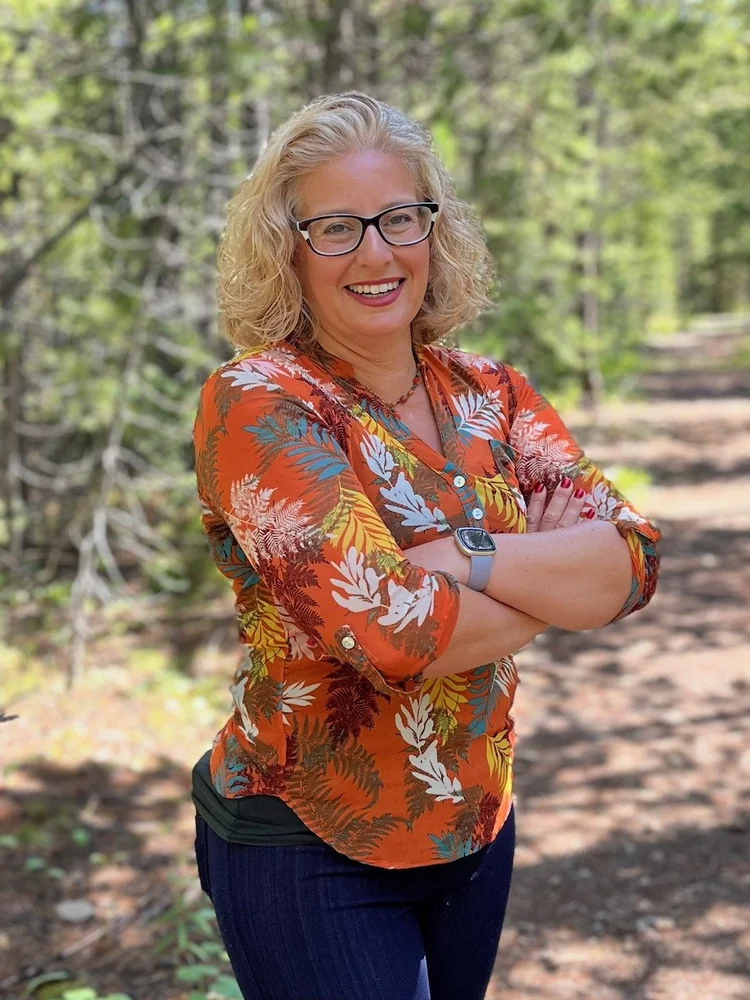How Frameworks Can Transform Your Coalition Work (and Your Culture)
When it comes to substance misuse prevention, we all know the challenges: limited resources, competing priorities, and the constant pull to “just get the work done.” But what if the secret to doing better work — and building stronger coalitions — isn’t about working harder, but about having the right frameworks guiding you?
That’s exactly what I explored in my latest Prevention Leaders Podcast episode with Stephanie Patton, a seasoned coalition coordinator and prevention leader from Massachusetts. Steph doesn’t just manage grants and run meetings — she’s mastered the art of weaving the Science of the Positive framework into every layer of her coalition’s work.
And the results? A stronger culture, more aligned strategies, and a coalition that knows exactly who they are and what they stand for.
Why Frameworks Matter More Than You Think
It’s easy to get lost in the deliverables. Many coalitions start with a grant requirement and build backwards — but Steph reminds us that the best work begins with a clear identity and purpose.
““The Science of the Positive gives us language for who we are and who we aren’t.” ”
Frameworks like the Strategic Prevention Framework or Science of the Positive aren’t just compliance tools. They’re roadmaps that keep your coalition focused on what matters most.
When you’re clear on your framework, you can confidently say yes to strategies that grow the good — and no to those that don’t align with your coalition’s values.
The Underrated Power of a Meeting Agenda
One of the most actionable takeaways from this conversation was Steph’s approach to meeting agendas.
Instead of a simple list of talking points, she designs agendas to reflect the coalition’s culture:
Printing the coalition’s core values on the back of every agenda
Structuring the flow using Science of the Positive (Spirit → Science → Action → Return)
Creating space for reflection and participation rather than rushing through tasks
This simple practice keeps meetings focused, helps new members feel grounded, and turns the agenda into a tool for culture-building.
Relationships Are the Heart of Prevention
Steph reminds us that prevention doesn’t happen without relationships and trust.
Before asking anything of partners, she invests in people. She listens, learns what matters to them, and finds ways to help them succeed — not just in coalition work, but in their broader goals.
That kind of trust is what allows coalitions to delegate tasks, share responsibility, and avoid burnout — because members feel truly connected to the mission.
🎧 Why You Should Listen
This episode is packed with actionable tips you can bring to your coalition immediately — from making frameworks visible in your daily work to designing agendas that build buy-in and accountability.
And if you’re ready to create a personal practice of reflection and positivity, check out my Joy Journal — a 90-day guided journal that helps you start and end your day with purpose. You can grab your copy on Amazon.
▶️ Listen on your favorite platform:
Spotify | Apple | Amazon Music | iHeartRadio | Overcast | Pocket Casts | Radio Public

